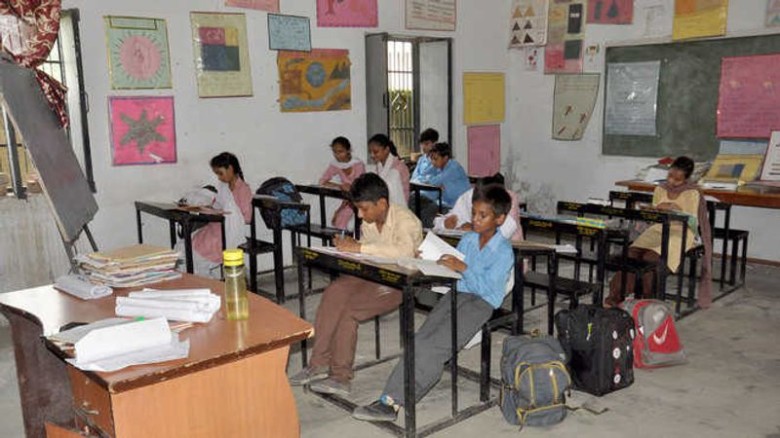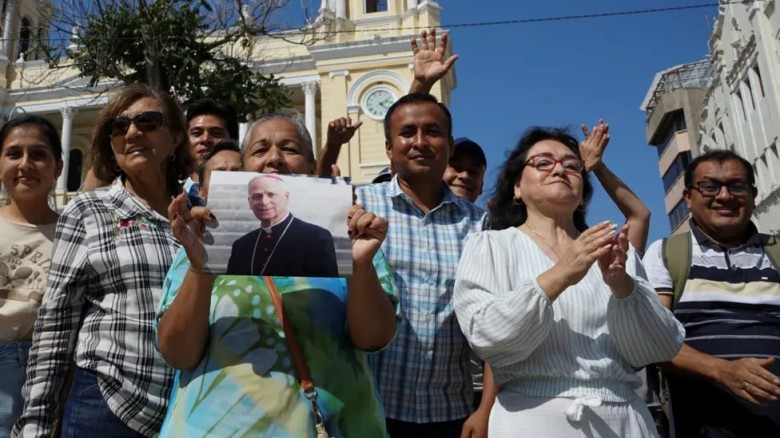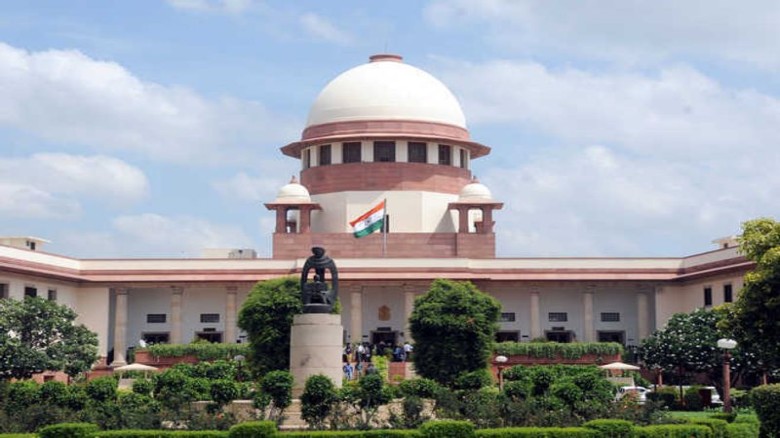Centre Tells Supreme Court Tamil Nadu Verdict Doesn’t Address Kerala's Governor-Bill Row
The Centre on Tuesday told the Supreme Court that the recent judgment granting “deemed assent” to 10 Tamil Nadu bills does not directly apply to the issues raised by the Kerala government regarding delays by the state's Governor in approving legislation passed by the Assembly.
Attorney General R. Venkataramani, appearing before a Bench of Justice PS Narasimha and Justice Joymalya Bagchi, said the Tamil Nadu verdict involved different factual circumstances. “The Tamil Nadu judgment does not cover certain issues in this (Kerala) case on facts. We would like to show those differences,” he stated.
Solicitor General Tushar Mehta, representing the office of the Kerala Governor, supported the Attorney General’s submission and requested time to review the Tamil Nadu judgment. “I am examining the judgment,” he told the court.
The submissions came in response to senior advocate KK Venugopal, appearing for the Kerala government, who argued that the Tamil Nadu ruling had already addressed the constitutional concerns raised in the Kerala petitions. “The issue is about the time limit for reference to the President. That’s held to be three months, based on a circular issued by the Government of India,” Venugopal said, referring to the recent Supreme Court ruling led by Justice JB Pardiwala.
The Bench agreed to examine whether the Kerala case is covered by the Tamil Nadu verdict and scheduled the next hearing for May 6. “We will look into that judgment and see whether the issues raised here are covered,” Justice Narasimha said.
Earlier, the top court had issued notices to the Union Ministry of Home Affairs and the secretaries to the Kerala Governor in response to petitions filed by the Kerala government. The petitions alleged undue delays by former Governor Arif Mohammed Khan, who had referred certain state bills to President Droupadi Murmu — where they remain pending.
In a landmark judgment on April 8, the Supreme Court had ruled against Tamil Nadu Governor RN Ravi’s decision to withhold assent and refer 10 bills to the President, even after they had been re-passed by the state legislature. The court declared such action “illegal and erroneous,” affirming that the re-enacted bills would be considered to have received the Governor’s assent.
The Bench, comprising Justices JB Pardiwala and R Mahadevan, also set a three-month deadline for the President to decide on bills referred by Governors. It further recommended that any reference made to the President under Article 200 should be accompanied by an advisory opinion from the Supreme Court under Article 143, to avoid perceptions of bias or arbitrariness.
The ruling also emphasized that Governors do not have discretionary power under Article 200 when dealing with bills passed by a state legislature. As a general rule, the Governor must act on the advice of the Council of Ministers and reserve a bill for the President only in exceptional situations.
“Once the Bill is passed by the state legislature and presented to the Governor for assent, he must act on the aid and advice of the Council of Ministers… only in exceptional circumstances should he reserve it for consideration by the President,” Justice Pardiwala stated.
However, the Supreme Court’s verdict has drawn criticism from Vice President Jagdeep Dhankhar, and reports suggest that the Centre may seek a review of the decision.
With the next hearing on Kerala’s petition scheduled for May 6, the apex court is expected to clarify whether the Tamil Nadu ruling sets a precedent or if Kerala’s situation warrants a distinct legal interpretation.









































































Leave A Comment